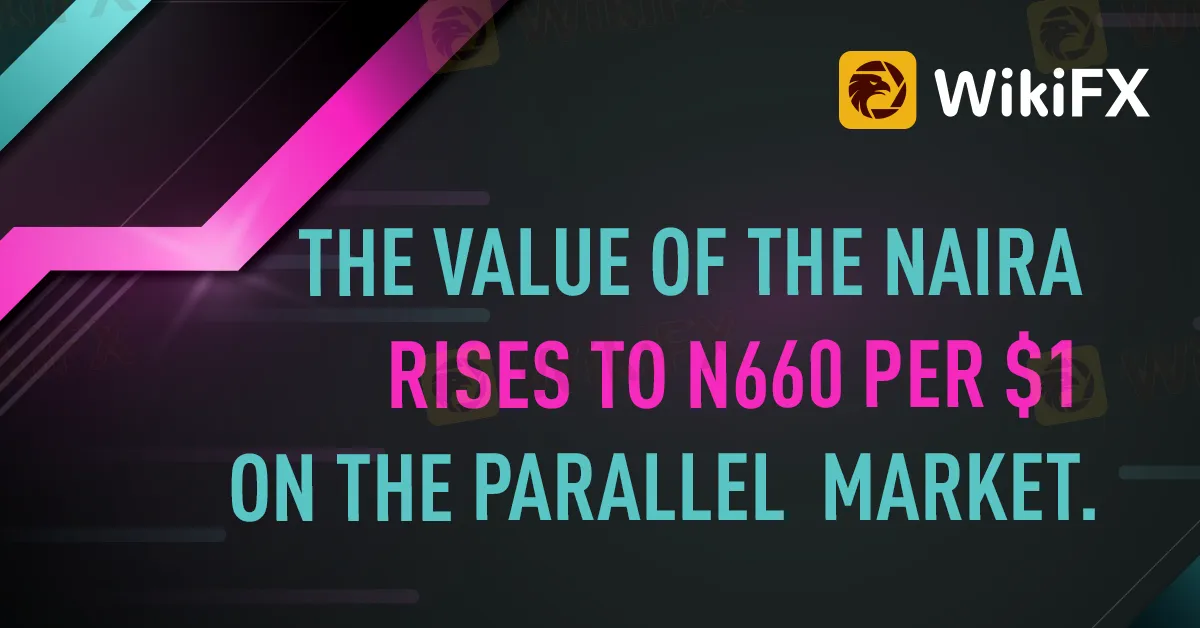Abstract:A day after the senior representatives of two government agencies met to discuss how to fix the country's foreign exchange problem, the Naira made no movement against the US dollar on Friday in the official market.

A day after the senior representatives of two government agencies met to discuss how to fix the country's foreign exchange problem, the Naira made no movement against the US dollar on Friday in the official market.
Abdulrasheed Bawa, the head of the EFCC, and Idris Jere, the controller general of the Nigerian Immigration Service (NIS), had a meeting on Thursday to discuss the recent currency shortage that has shaken the nation.
According to a tweet from the EFCC, Messrs. Bawa and Jere conducted a “strategy” discussion on the subject on Thursday at the NIS headquarters in Abuja behind closed doors.
The action was taken shortly after the naira had its biggest ever slide on the black-market sector due to a shortage of foreign currency and an increase in demand.
A few days after security personnel stormed a Bureaux De Change (BDC) hub in Abuja, the naira continued to strengthen on the black-market Wednesday, strengthening to N660 per dollar.
On the black-market last week, the national currency had decreased to around N715 to a dollar.
According to information on FMDQ OTC Securities Currency, a platform that regulates official foreign exchange trading in Nigeria, the naira strengthened on the official market by 0.03 percent to settle at N428.88 to the dollar on Monday.
A search was conducted last week in Wuse Zone 4 of the Federal Capital Territory of Abuja by agents of the Economic and Financial Crimes Commission (EFCC) in response to claims that some Bureaux De Change (BDC) operators were pilfering foreign currency.
According to a source who spoke with TheCable, “the EFCC raid on Abuja BDCs last week impacted demand.”
Last week, there were so many big purchases that people had to line up!
The current state of affairs indicates that if you let the market function, it will level out. Before, we were blaming aboki fx.
According to Aminu Gwadabe, president of the Association of Bureaux De Change, the “market monitoring” was carried out with the association's assistance.
We work cooperatively on exchange rate issues and have a good connection with the security authorities, the man stated.
In order to ensure stability, the Central Bank of Nigeria (CBN) frequently intervenes on the official foreign currency market.
The CBN's spokeswoman, Osita Nwasinobi, stated last week that the central bank will continue to take decisive steps in the currency market to prevent future declines in the value of the naira.
In order to prevent the naira from falling much lower, he also warned forex purchasers not to fall prey to the speculative practices of some participants in the FX market.
Although there are local and global viewpoints on the pressure on the naira, the need for foreign exchange for goods and services has remained constant, posing a demand problem. In addition to damaging investor confidence and reducing currency inflows into Nigeria, the country's deteriorating security situation also damaged the economy by driving up the price of gasoline subsidies and increasing oil theft.
Even so, the CBN has made an effort to address the issue with programs including the RT200 FX Programme, 100 for 100 Policy on Production and Productivity, Naira4Dollar Scheme, Anchor Borrowers' Programme (ABP), Export Development Facility (EDF), and the Non-Oil Export Stimulation Facility (NESF).
These CBN policies had been designed to diversify the economy, boost output, increase FX inflows, preserve the naira's stability versus other currencies, and lessen FX demand pressure.










